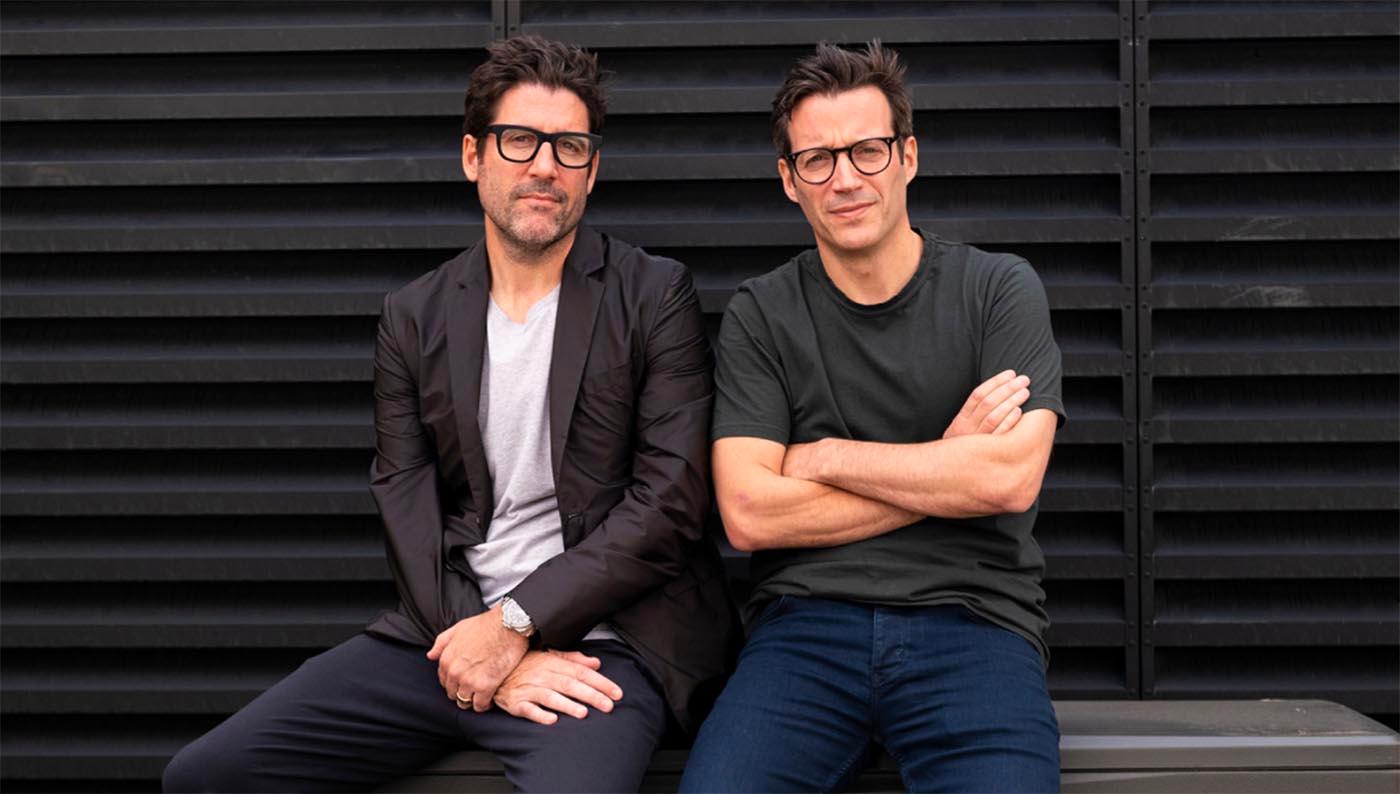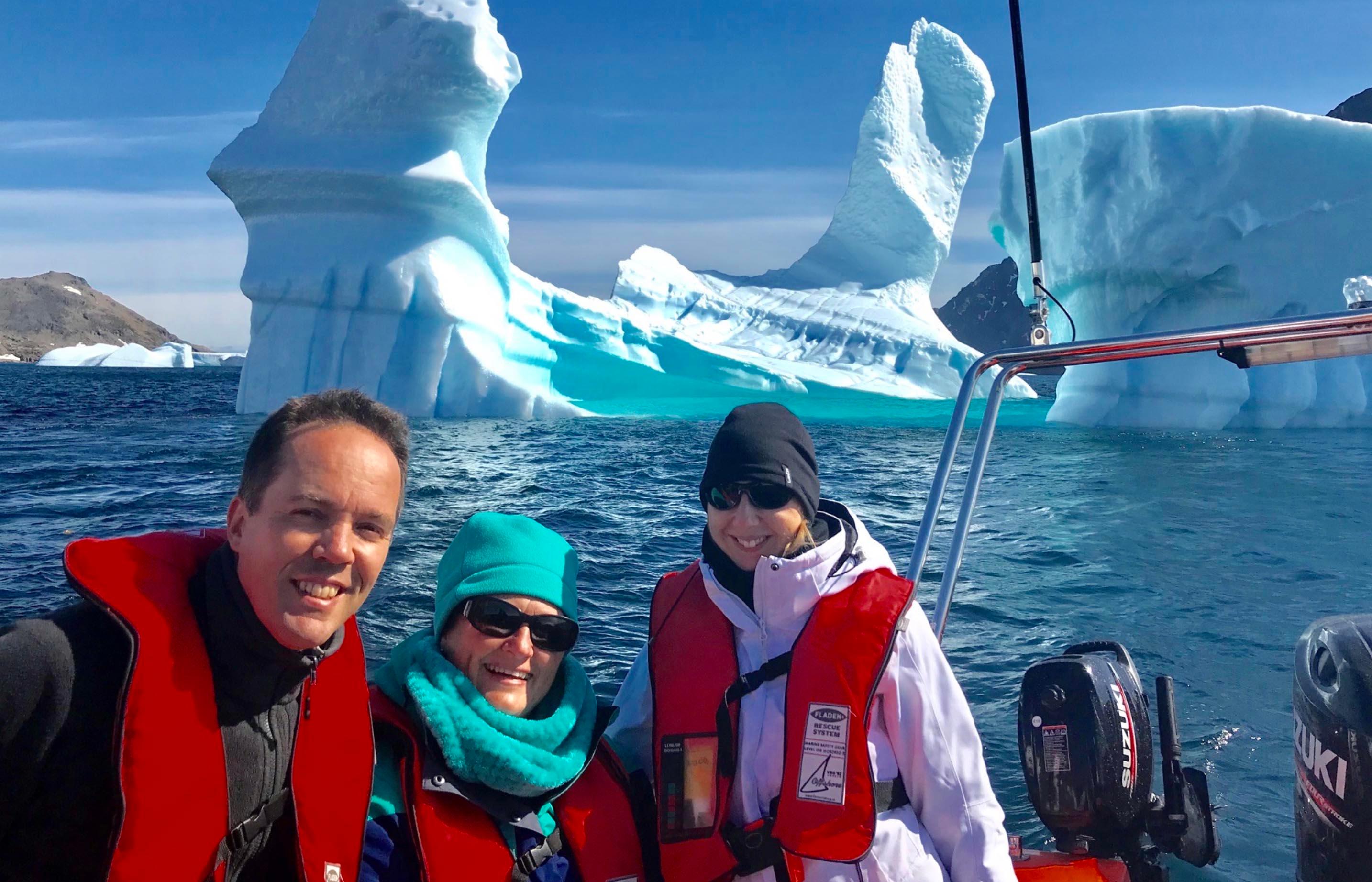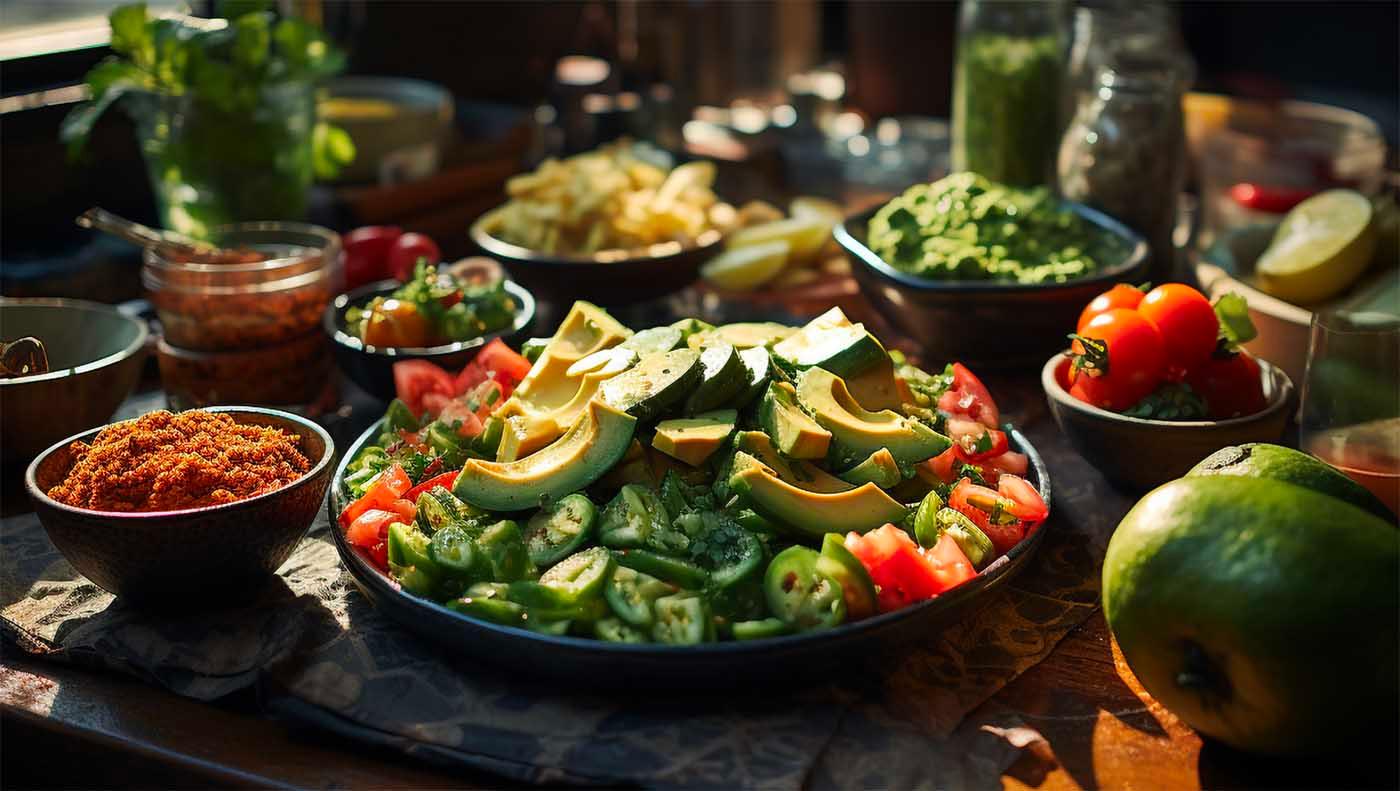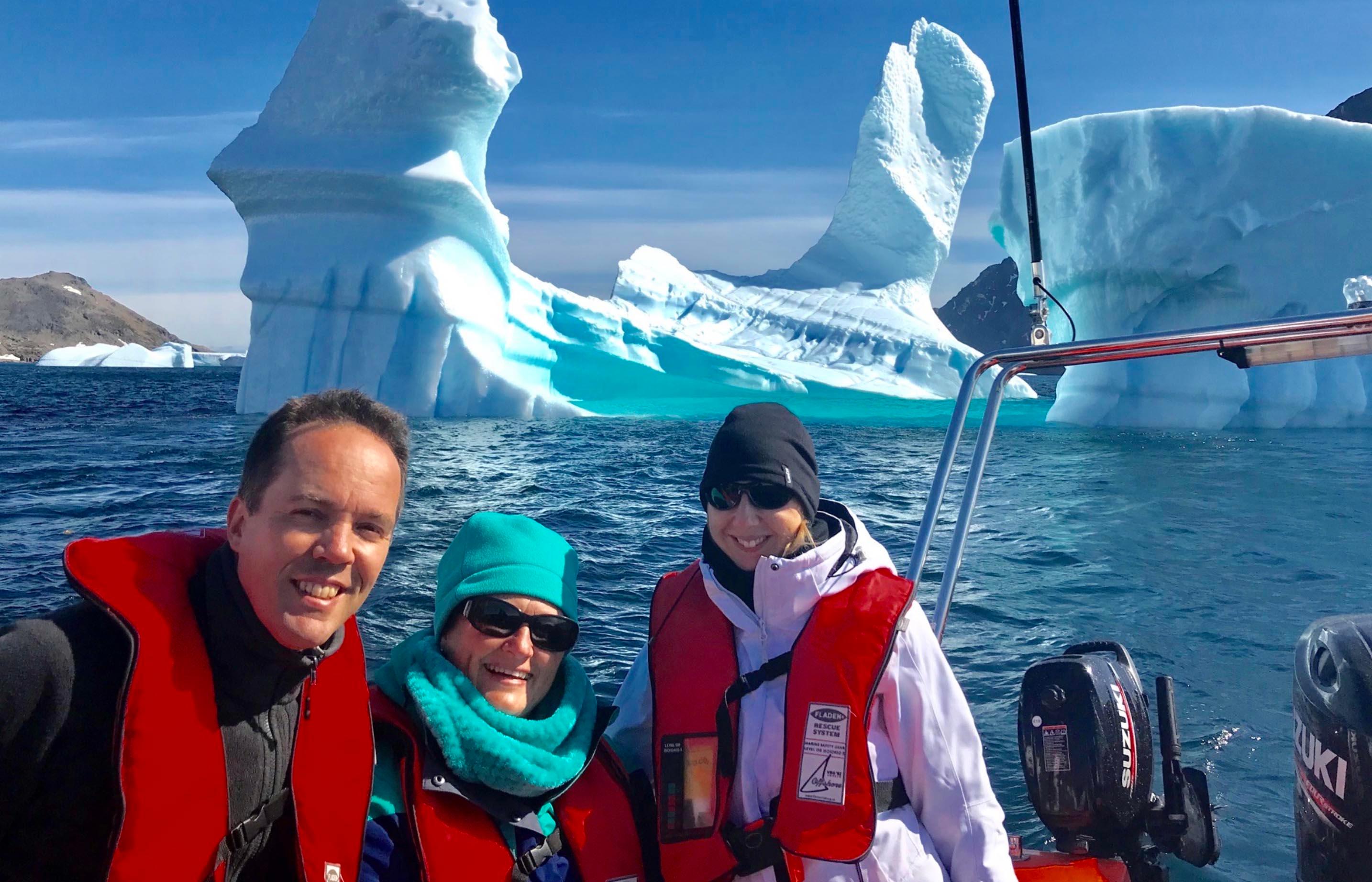If it hasn’t been grown or born – don’t eat it!
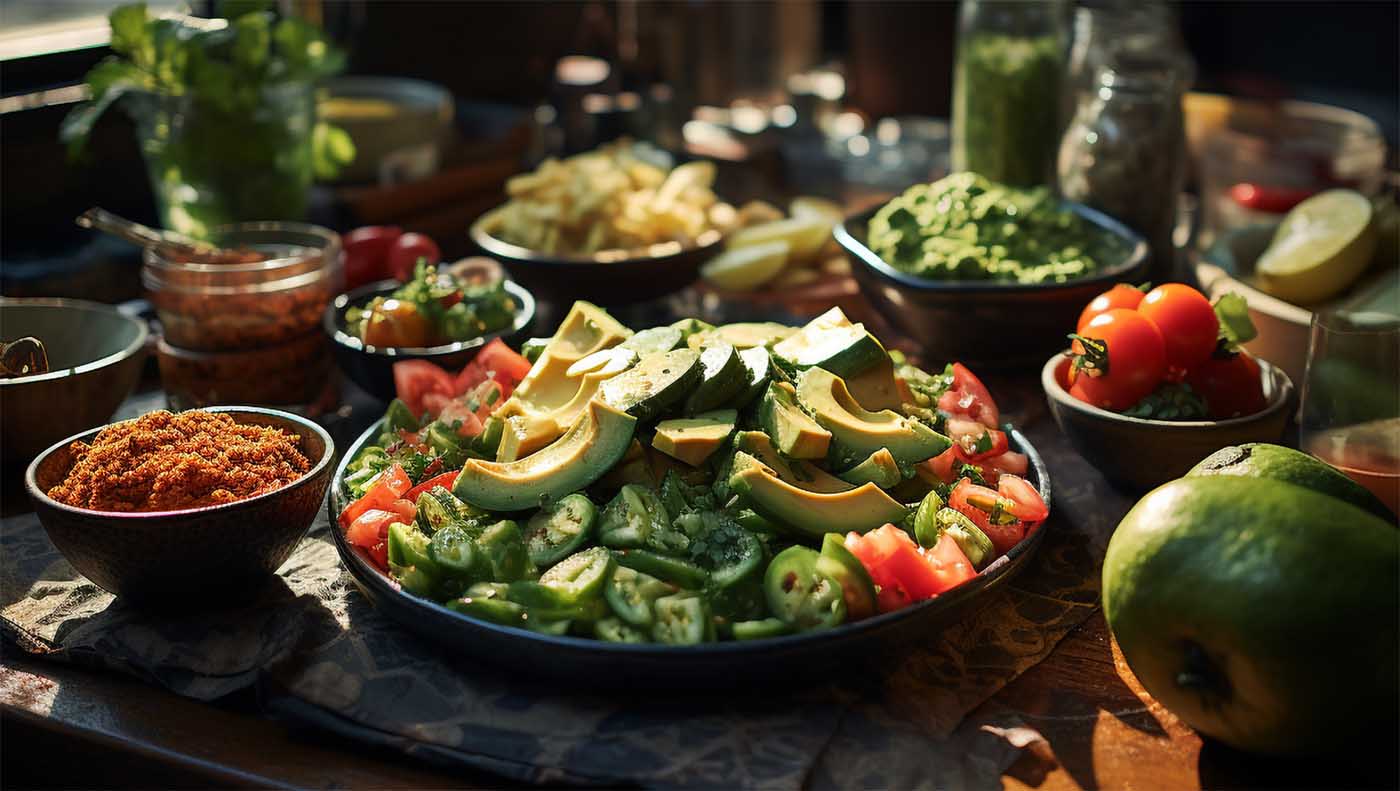
With the New Year approaching many will be considering our New Year's resolutions and, after all the Christmas excess, we will, no doubt, be focusing on our diet and losing a few pounds.
Which “diet” will you choose? With so many diet options and plans on the market and the internet full of advice, it can be an absolute minefield. All promise fast results, but none really seem to focus on our lifelong relationship with food and the need to develop a happy and healthy attitude to what we put into our bodies. Studies suggest that guilt over how much we eat can often lead to overeating, undereating and a lifelong battle with ourselves, leading to depression and anxiety and a poor view with how we look at ourselves.
In many nations, the consumption of fresh meals has decreased during the past few decades in favour of modern ultra-processed foods (UPF). According to the extent and goals of the contemporary food industry, foods are classified into four groups by the NOVA categorisation system: unprocessed or minimally processed foods, processed culinary ingredients, processed foods, and UPF (Gibney, 2019).

So you see, it’s not just about weight. With food being a necessary and permanent aspect of the survival of each and every individual, and so important not just for our physical health but also our mental health, should we not, therefore, try to focus on diet not just as a means of losing weight but instead consider developing and nurturing our relationship with food over a lifespan, culminating in a love of what we eat? There are to be fair, few things as enjoyable or memorable as sitting and enjoying a fabulous meal with friends and loved ones, stimulating our taste buds and leaving us feeling full, satisfied and also energised and alive.
It sounds so easy, but how to do this? How do we arrive at a point where we can enjoy food, not calorie count or mix up “nutritious” shakes, fast or starve ourselves – could there be a way?
I feel lucky in this respect. As a young woman growing up in England, I was always trying to control my weight, yo-yoing in size and feeling guilty when I overindulged and hungry when I did not – it was miserable. Then, in my early twenties I went to Spain and later, to Italy and observed the difference in the attitude that people have to food and to eating. I have spent many years on the continent and have observed the love that people can have for food whilst remaining slim and healthy. I have also managed to develop a great love and passion for food and managed to remain the same size for over 20 years whilst doing so.
We often talk about the Mediterranean diet with envy and many of us would love to follow it but many people question if is it a realistic option in the UK? On return home, I found it not to be so. But maybe the Mediterranean diet, doesn’t have to be Mediterranean at all, maybe it’s just about diet….
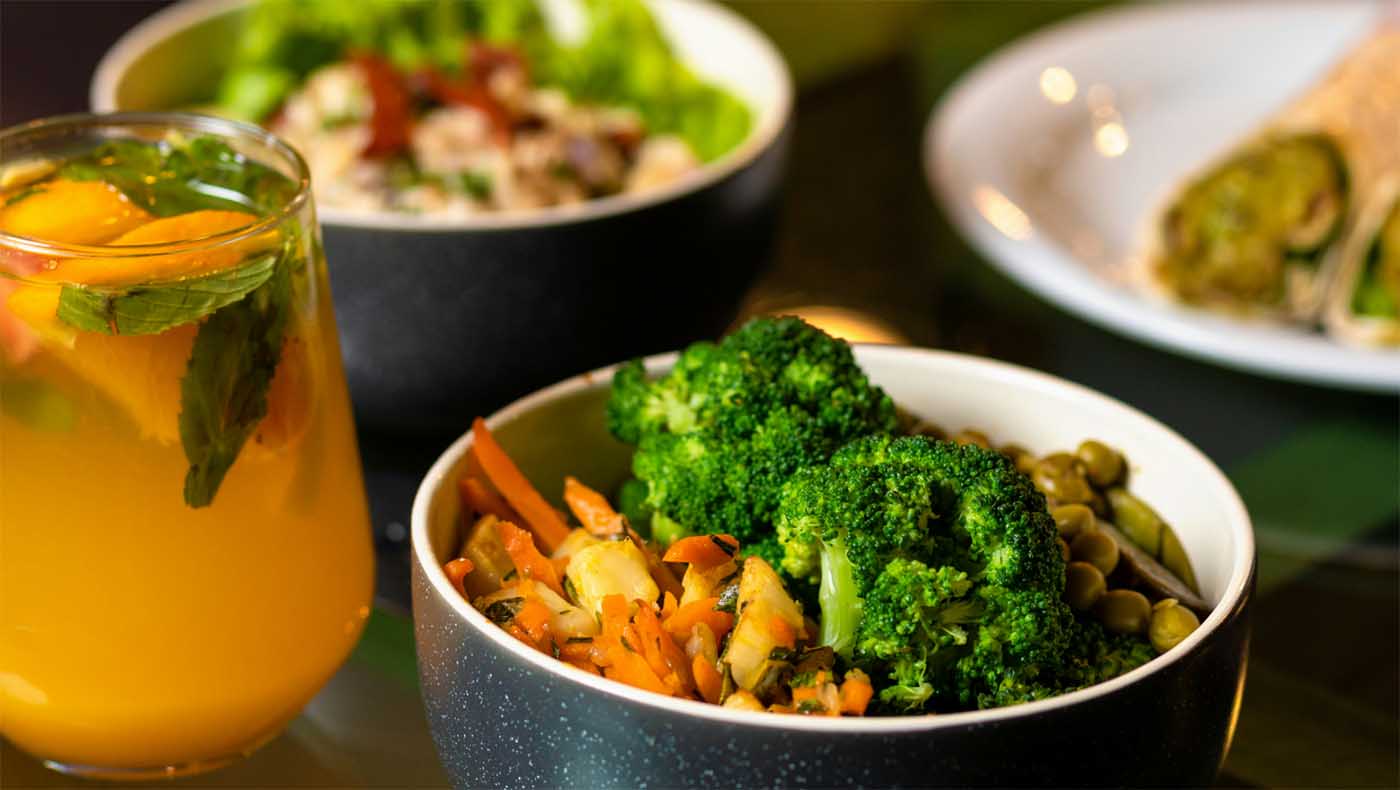
So, for this article, I wanted to share a story with you. One day, many years ago, I was out walking in Italy, I stopped to talk to a local man. A fit, healthy and very, very old man, and we got to discussing the secret of his great health. We got around to the topic of food very quickly and what the real secret for him regarding food was. His answer, just a few simple words, has stayed with me for a lifetime - “If it hasn’t been grown or born, I don’t eat it.”
No regime, no balance between carbs and proteins, no processed shakes or diet pills, no impossible Mediterranean ideals, or fasting times or hours, no weighing in or need to attend expensive diet classes or guilt. In fact, no limits. Just that, short and precise answer – could it really be that simple?
The more I thought about it, the more it resonated with me. Available in any country to any nationality, simple and easy to obtain and, best of all NO UPF, therefore decreasing the risk of not only obesity but gut dysbiosis, cognitive impairment and psychological illnesses including dementia aswell.
I’m not suggesting that it will be easy or an instant remedy and there are hurdles to overcome. For example, fast and processed food is all around us and so tempting when we need a quick fix. Habits take a long time to change and we must also consider other factors such as vegetarians and vegans who do not consume that which “has been born” and will need to look at other possible alternatives. However, just stopping for a moment before we eat and, instead of just counting calories, we consider what we are about to put into our bodies could not only help us to maintain a healthy weight, but a healthy mind too. How might we do that? By trying to remember the words of a very wise, very old, very happy and very healthy old man “If it hasn’t been grown or born, I don’t eat it.”
By Tarma Bayliss, https://www.personcentredtherapy.uk/



